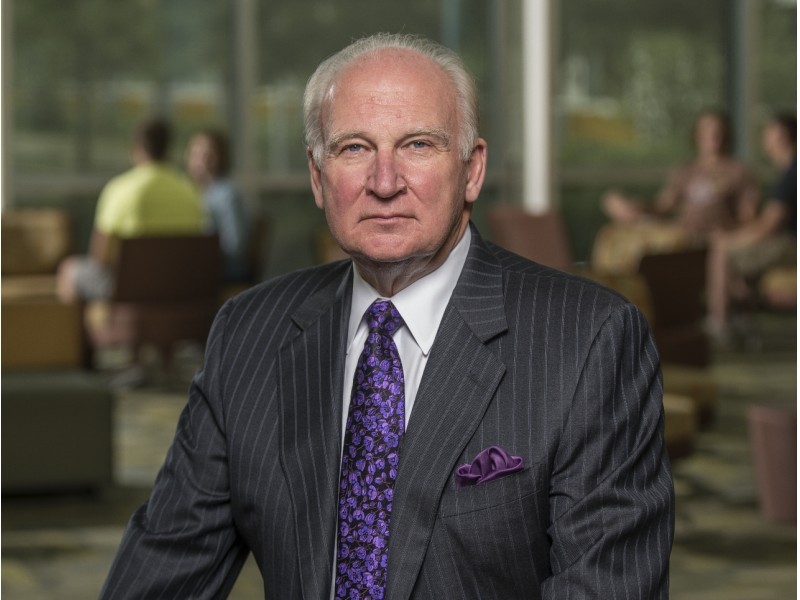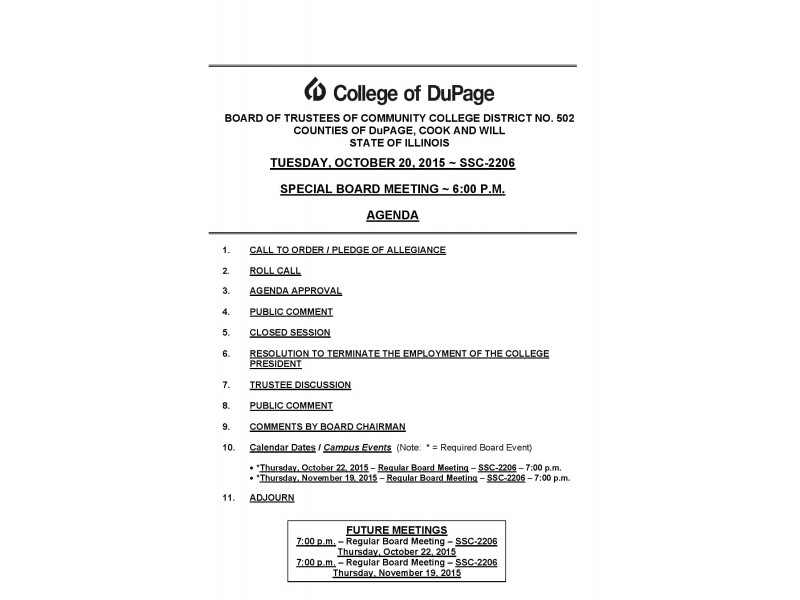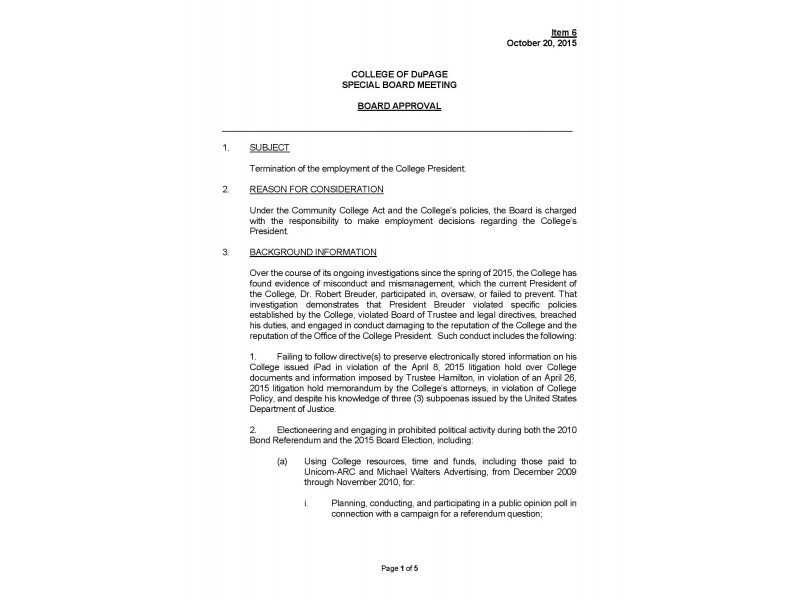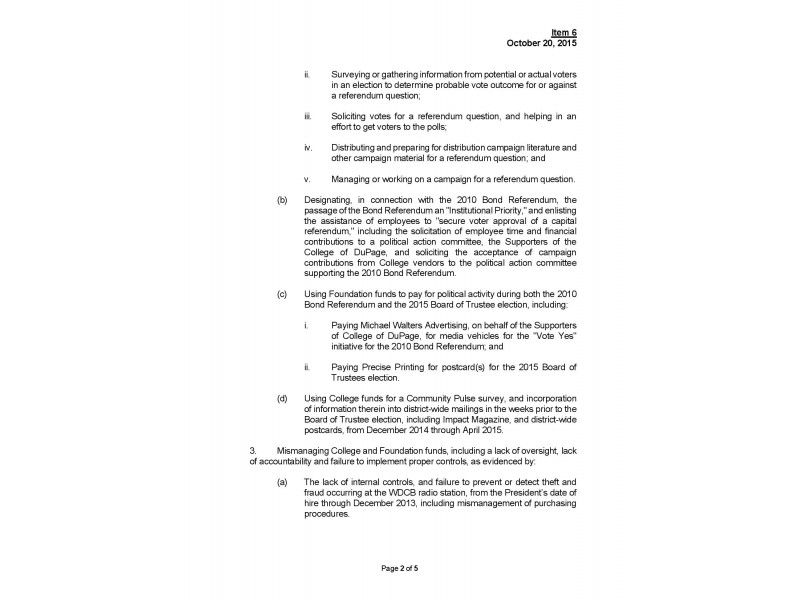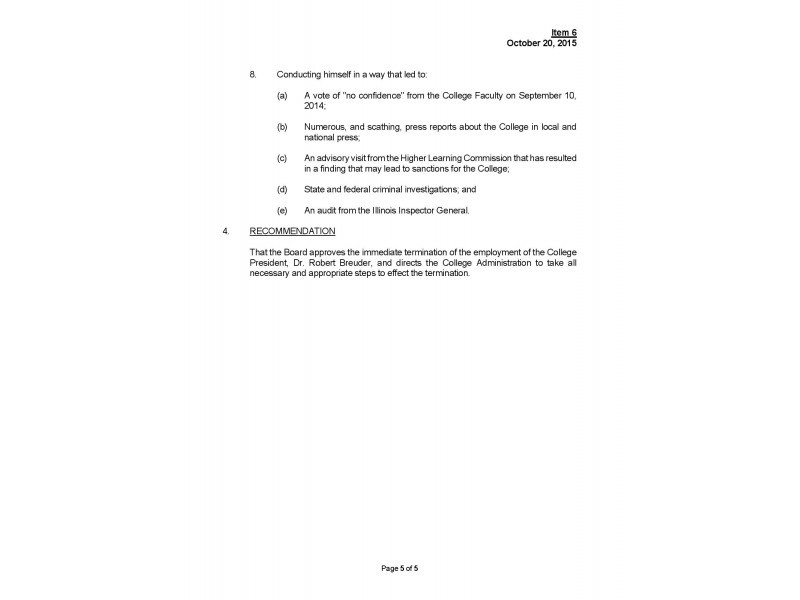A better deal, greater efforts to explain it and negotiations fatigue might be enough to ratify the new tentative agreement between the United Auto Workers union and Fiat Chrysler Automobiles.
Unionized Fiat Chrysler workers will vote Tuesday and Wednesday on whether to ratify a new contract that will govern their working lives for the next four years. The mood heading into the vote suggests ratification is possible, but far from assured.
This is the second round of voting for 40,000 workers. The first agreement, reached Sept. 15, was rejected, as 65% of the membership voting a resounding no in a move that reverberated throughout the union's leadership and across the auto industry.
The mood of workers appears to have shifted from the angry, almost militant, call-to-arms rhetoric that urged members to defeat the first agreement.
Opposition to the new agreement has been noticeably less vocal at information meetings leading up to this week's vote. Nor has there been a series of worker-organized rallies.
After the first agreement was defeated, the UAW returned to the table with FCA and negotiated a new deal that better addresses the concerns of workers.
“The UAW responded to most of the objections members had with the first version of the tentative agreement,” said Kristin Dziczek, director of the labor and industry group at the Center for Automotive Research.
For example, the second agreement better addresses the desire by entry-level workers to eventually make the same wage as longtime workers, eliminates a proposed health care cooperative that workers did not understand or trust and includes a commitment between the union and the company to revisit work schedules that workers dislike.
And, the union also has taken steps to explain the terms of the new deal and give union members more time to understand them before all locals vote Tuesday and Wednesday.
This UAW's communication efforts include a full court press on its official Facebook pages to explain details of the tentative agreement and posted videos of local leaders promoting the benefits of the deal. The result: the bulk of the discussion is at least occurring on the union's Facebook pages instead of on alternative Facebook sites and other social media forums.
"Great contract! Vote yes," Patrick Land wrote on a UAW Facebook page.
Another worker, Richard Lytle, said, "It's not a perfect contract .....but it's not a bad one either. Choose wisely brothers and sisters!"
The UAW also is using videos to get its message out.
“I believe the no vote actually brought us together as a union. I believe the no vote sent a message to (Fiat Chrysler CEO) Sergio (Marchionne) that we are serious about our livelihood,” Marylyn Bonds, recording secretary of UAW Local 140 which represents Warren Truck Assembly Plant employees, said in a video posted on the UAW’s Facebook page.
A rejection of a second national agreement recommended by the UAW would be unprecedented and would throw the union into uncharted territory as it works to reach new agreements with Fiat Chrysler, General Motors and Ford.
The current Fiat Chrysler agreement was reached just before midnight on Oct. 7, details began leaking out the next day and by Oct. 9 the union had officially released the content of the proposed contract — a full 11 days before voting was scheduled to begin.
Most locals have long voting hours planned Tuesday and Wednesday at union halls to accommodate the shift workers. Union leadership could announce as early as Thursday whether the deal was ratified. If the deal passes, the next step is choosing whether General Motors or Ford is the second company to negotiate a similar deal.
"This time the union is being more open, forthcoming and active," said Ken Mefford, a 53-year-old longtime worker at the Warren truck plant. "It doesn't feel like they are shoving it down our throat."
Matthew Parhum, in contrast, argues that Marchionne should be more thankful for the profits that Chrysler plants are producing in North America.
"H. Ross Perot was right about NAFTA, as the threat presented in this new tentative agreement would send more jobs to Mexico, where labor costs would top out at $5.00 per hour," Parhum, a worker at the company's Trenton Engine plant, said in an e-mail to the Free Press. "The intent to move successful product lines with those that are speculative at best is not in the membership's interest."
But in Kokomo, Ind., where Fiat Chrysler has three transmission plants, members of Local 685 barely spoke out against the agreement at a large information meeting last week, according to an attendee not authorized to talk about the meeting.
That’s a big contrast from a few weeks ago when UAW Vice President Norwood Jewell was booed by members of the same local. Jewell did not attend their latest meeting and appears to have stayed away from most of the information meetings this time.
Dziczek said the decision to have local leaders or representatives with local ties explain the agreement sometimes works better than when the UAW's top leaders visit local union halls.
“The members seem to relate well to the leaders that they elected,” she said. “They are the people that live and work in the communities … and if they are leading the information meeting, they may be more effective in restoring trust in the process.”
Attendance was low at UAW Local 1166, which represents workers at another plant in Kokomo, Ind., but, again, there were few negative comments at the casting plant, according to another person, also not authorized to speak about it publicly.
Workers who attended meetings in Toledo also had positive things to say about the new contract, according to interviews in the Toledo Blade. That is in stark contrast to a video that went viral of a Toledo meeting after the first agreement where workers heckled, jeered and applauded suggestions that the union strike and attempt to take down the whole economy.
Many workers feel the new deal is better — there is more money for senior workers and a plan to get entry-level or second-tier workers to the same base wage over eight years. Temporary workers, Mopar and axle workers would make less but the union must sign off on increasing the number of temporary workers.
There are also signing bonuses, a new profit sharing formula, changes to the attendance policy and promises to sit down and re-evaluate the hours for workers on the least popular shift that flits from day to night.
"It is still not the greatest deal in the world but it feels like it has a good chance of passing," Mefford said.
One objector on Facebook is Monty McCulley who urges colleagues to vote no to a deal that takes eight years to reach full pay instead of four, and he lists the concessions workers have made over the last 10 years.
Another dissenter is Brian Keller, 46, of Mt. Clemens who created his own Facebook page in May 2014 to air unfettered opinions.
“I believe we can fight to get all tier two's to tier one wages in four years to eliminate tiers altogether,” said Keller, who works at Fiat Chrysler’s Mopar operations in Center Line. “Any language that continues to utilize a multiple wage structure is not a good contract. Do not fall victim to the threats and get hoodwinked into another attempt to divide us with yet another proposed new agreement that does not eliminate the tier wage structure or (alternate work schedule) within four years.”
There are signs of fatigue leading up to the second vote.
"Everyone just wants it over," Mefford said. "We're all getting tired of it."
And there might be an element of fear for the tens of thousands of new workers who had never faced the prospect of a walkout until the hours leading up to the Oct. 7 strike deadline. Fiat Chrysler workers were not allowed to strike during the 2011 negotiations as a condition of 2009's bankruptcy restructuring.

